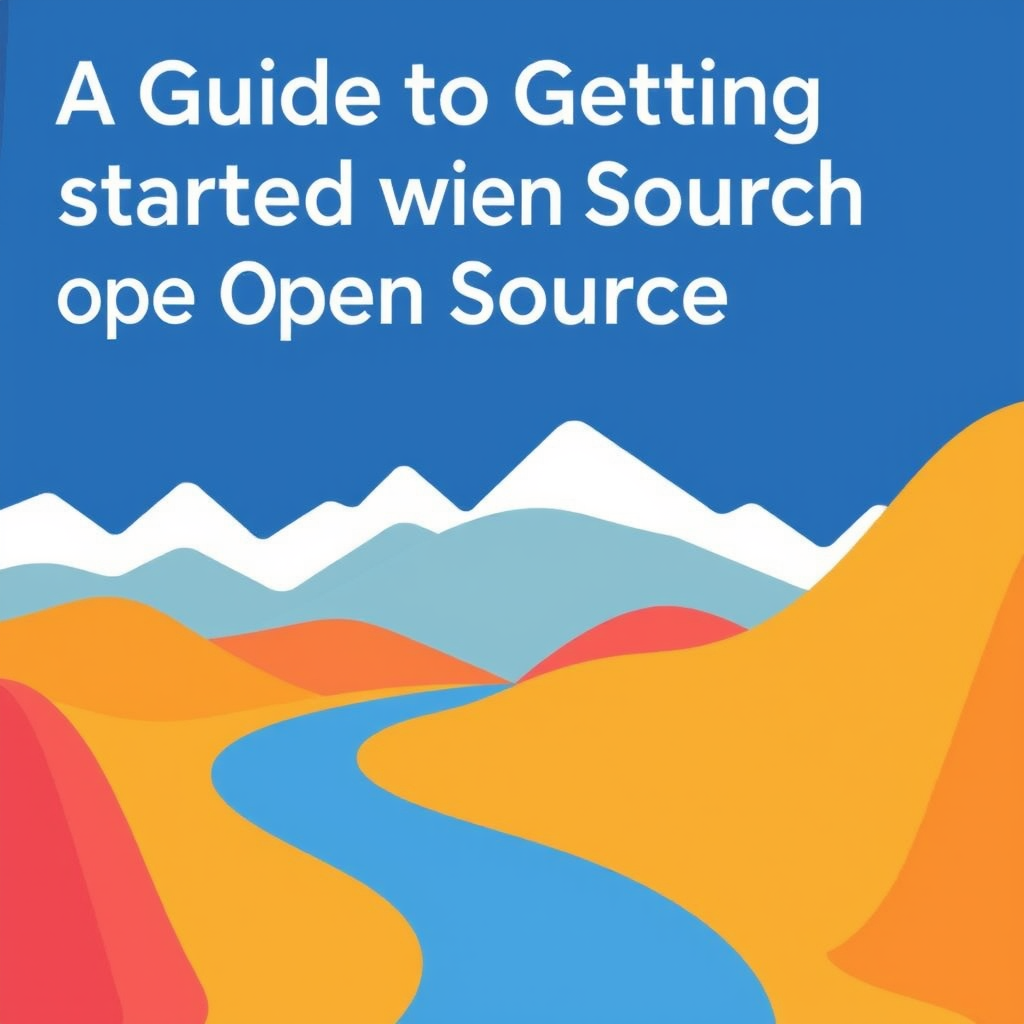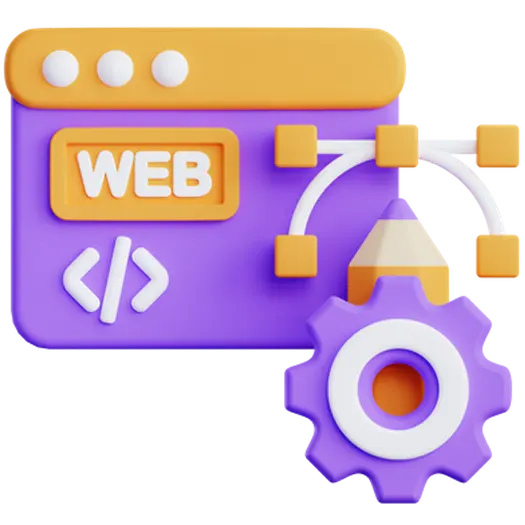
A Guide to Getting Started with Open Source Contribution
Open source contribution can seem daunting, especially if you’re new to the software development world. However, it’s a fantastic way to improve your skills, collaborate with other developers, build your portfolio, and contribute to projects you care about. This guide, brought to you by the team at Doterb, will walk you through the essential steps to begin your journey into the world of open source.
Table of Contents
- Why Contribute to Open Source?
- Finding the Right Projects
- Understanding Codebases and Contributing Guidelines
- Making Your First Contribution
- Best Practices for Open Source Contribution
- Frequently Asked Questions
Why Contribute to Open Source?
Contributing to open source is a win-win situation. You gain valuable experience, and the open source community benefits from your efforts. Here are some compelling reasons to get involved:
- Skill Development: Work on real-world projects and improve your coding skills, learn new technologies, and gain experience with different development workflows.
- Community Building: Connect with other developers, learn from experienced contributors, and build your professional network.
- Portfolio Enhancement: Showcase your work to potential employers and demonstrate your skills and passion for software development.
- Giving Back: Contribute to projects that you use and enjoy, making them better for everyone. Remember, “A website is not just a display it’s your company’s digital trust representation.” The same principle applies to open-source projects: they reflect the trustworthiness of the community that supports them.
Finding the Right Projects
Choosing the right project is crucial for a successful open source experience. Start by considering your interests and skills. Here’s how to find suitable projects:
- Explore GitHub: Search for projects based on your preferred programming languages or technologies. Use keywords like “beginner-friendly” or “good first issue” to find projects that are actively seeking new contributors.
- Browse Issue Trackers: Many open source projects use issue trackers (like GitHub Issues) to manage bugs, feature requests, and other tasks. Look for issues labeled as “good first issue” or “help wanted.”
- Engage with Communities: Join online forums, mailing lists, and chat channels related to open source projects. Ask for recommendations and connect with other contributors.
Understanding Codebases and Contributing Guidelines
Before you start contributing code, it’s essential to understand the project’s codebase and contributing guidelines. Here’s what you should do:
- Read the Documentation: Familiarize yourself with the project’s documentation, including the README file, contributing guidelines, and code of conduct.
- Set up a Development Environment: Follow the project’s instructions for setting up a local development environment. This will allow you to test your changes before submitting them.
- Understand the Codebase: Spend time exploring the codebase and understanding its structure, architecture, and coding style. Use a code editor or IDE to navigate the code and understand its functionality.
Making Your First Contribution
There are various ways to contribute to open source projects, even if you’re not a seasoned coder. Here are a few options to get you started:
Reporting Bugs
Reporting bugs is a valuable contribution, even for beginners. When reporting a bug, be sure to provide detailed information, including:
- Steps to reproduce the bug: Explain how to trigger the bug so that other developers can reproduce it.
- Expected behavior: Describe what you expected to happen.
- Actual behavior: Describe what actually happened.
- Environment details: Provide information about your operating system, browser version, and other relevant details.
Documentation Improvements
Improving documentation is another excellent way to contribute to open source. Many projects have outdated or incomplete documentation, which can be confusing for new users. You can contribute by:
- Fixing typos and grammatical errors: Correct any errors you find in the documentation.
- Adding missing information: Fill in gaps in the documentation.
- Improving clarity: Make the documentation easier to understand.
- Creating tutorials and examples: Help new users get started with the project.
Code Contributions
Once you’re comfortable with the codebase, you can start contributing code. Start with small, well-defined tasks, such as:
- Fixing small bugs: Address minor bugs that are reported in the issue tracker.
- Implementing simple features: Add small, well-defined features to the project.
- Writing tests: Improve the project’s test coverage by writing new tests.
Best Practices for Open Source Contribution
To ensure a positive experience, follow these best practices:
- Be respectful and professional: Treat other contributors with respect and follow the project’s code of conduct.
- Communicate effectively: Clearly explain your ideas and ask for help when you need it.
- Test your code thoroughly: Ensure that your code is well-tested and doesn’t introduce any new bugs.
- Follow the project’s coding style: Adhere to the project’s coding style to ensure consistency.
- Be patient: It may take time for your contributions to be reviewed and accepted.
Frequently Asked Questions
Here are some frequently asked questions about contributing to open source:
-
Q: I’m not a great coder; can I still contribute?
A: Absolutely! You can contribute by reporting bugs, improving documentation, testing code, and providing feedback. -
Q: How do I submit a pull request?
A: Most projects use Git and GitHub. Fork the repository, make your changes in a new branch, and then submit a pull request to the original repository. -
Q: How do I know if my contribution will be accepted?
A: Review the project’s contributing guidelines and make sure your contribution aligns with the project’s goals and coding style. Be prepared to make revisions based on feedback from other contributors.
Starting your open-source journey can seem like a huge undertaking, but following these steps will guide you through the process. Embrace the challenge, learn from others, and contribute to the incredible world of open-source.
If your business needs an efficient website or digital system, contact the Doterb team today. We can help you leverage the power of open-source technologies to achieve your business goals.
